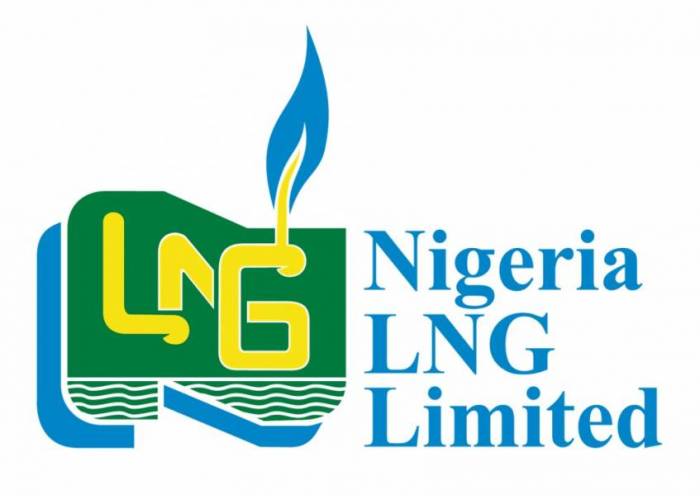The Nigerian National Petroleum Company Limited (NNPCL) and Nigeria LNG Limited (NLNG) have entered into landmark 20-year gas supply agreements with six major firms, a move aimed at solidifying Nigeria’s position as a leading gas producer and exporter. The agreements, which span two decades, are part of the government’s broader strategy to leverage the country’s vast gas reserves for economic diversification and increased foreign exchange earnings.
Under the new deals, NNPCL will supply feed gas to NLNG’s facilities from various upstream projects operated by the participating companies. The agreements are designed to ensure a stable and long-term gas supply that will support NLNG’s liquefied natural gas exports to international markets while also boosting domestic gas availability. Industry analysts say the long-term nature of the contracts demonstrates confidence in Nigeria’s gas sector and its potential to drive industrial growth.

The six companies involved in the agreements include international and indigenous upstream operators with significant gas production capacity. These firms have committed to delivering a combined volume that will guarantee uninterrupted operations for NLNG’s trains and provide feedstock for planned capacity expansion projects. The partnerships are also expected to attract further investments into Nigeria’s gas value chain, ranging from exploration and production to midstream and downstream gas infrastructure.
Speaking at the signing ceremony, NNPCL Group Chief Executive Officer Mele Kyari highlighted that the agreements represent a major milestone in Nigeria’s quest to monetize its gas resources effectively. He stressed that stable gas supply is crucial for meeting domestic energy needs, powering industries, and improving electricity generation while positioning Nigeria as a reliable player in the global LNG market. Kyari added that the move aligns with the government’s “Decade of Gas” initiative aimed at unlocking Nigeria’s 209 trillion cubic feet of proven gas reserves.
The Managing Director of NLNG, Dr. Philip Mshelbila, reiterated the company’s commitment to working with upstream gas suppliers to ensure operational stability and future expansion. He noted that the agreements will provide a foundation for the Train 7 and potential Train 8 projects, which are expected to increase Nigeria’s LNG production capacity significantly. Mshelbila emphasized that reliable gas supply is essential for Nigeria’s aspiration to compete with global LNG giants such as Qatar and Australia.
Industry experts have hailed the deal as a bold step toward addressing challenges that have plagued Nigeria’s gas sector, including underinvestment, infrastructure deficits, and security concerns in producing regions. They argue that with proper implementation, the agreements could catalyze the development of new gas fields, spur employment opportunities, and contribute to government revenues through royalties and taxes.
In addition to export benefits, the agreements are expected to strengthen domestic gas supply for power generation and industrial uses. The government has repeatedly emphasized that increased gas utilization is vital for reducing Nigeria’s reliance on expensive refined petroleum imports and for transitioning toward cleaner energy sources. The contracts could also enhance Nigeria’s ability to meet its domestic gas obligation to local industries, which have often complained of shortages and unreliable supply.
Stakeholders believe the long-term gas deals will help Nigeria position itself as a hub for gas-based industries in Africa. The country’s vast gas reserves, if properly harnessed, could attract investments into petrochemicals, fertilizers, and other energy-intensive industries. Experts, however, caution that to maximize the benefits of the agreements, Nigeria must address issues such as pipeline vandalism, regulatory bottlenecks, and pricing disputes that have historically hindered the sector.
Furthermore, the deals are expected to enhance Nigeria’s foreign exchange inflows amid global demand for cleaner fuels. LNG exports have become increasingly attractive as countries seek alternatives to coal and oil, and Nigeria’s proximity to Europe and Asia offers competitive advantages. With global energy transition dynamics accelerating, Nigeria’s gas sector stands to benefit if the agreements are implemented transparently and efficiently.
Government officials have described the agreements as a game changer that could transform Nigeria’s energy landscape. They have pledged to provide policy support to ensure that the companies involved meet their obligations while addressing the broader challenges in the industry. The success of the initiative could boost investor confidence and signal Nigeria’s readiness to fully leverage its hydrocarbon resources for economic transformation.
If fully executed, the 20-year gas supply deals could redefine Nigeria’s economic future by creating a more sustainable and diversified revenue base. The agreements not only guarantee a steady inflow of foreign exchange but also lay the groundwork for massive industrial growth fueled by reliable gas supply.
To sustain momentum, stakeholders urge the government and industry players to prioritize infrastructure security, regulatory clarity, and transparency. With these factors in place, Nigeria’s gas sector could become a global powerhouse, driving development at home and strengthening its competitive edge abroad.
Support InfoStride News' Credible Journalism: Only credible journalism can guarantee a fair, accountable and transparent society, including democracy and government. It involves a lot of efforts and money. We need your support. Click here to Donate
